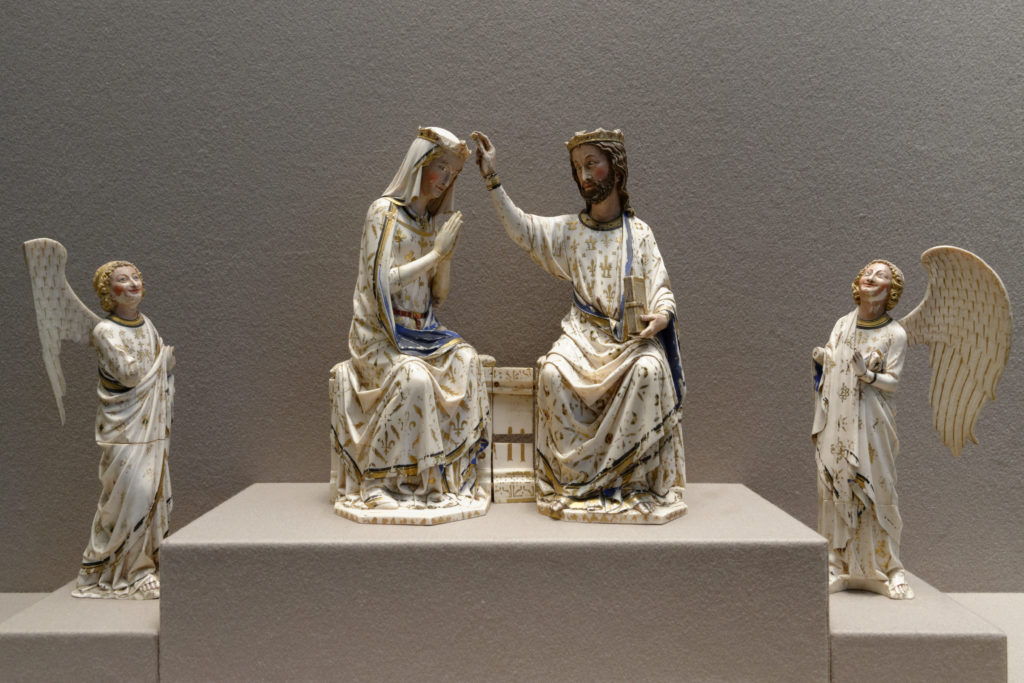God Wants Us to Lead this World
Leaders are meant to go that extra mile for their team or organization. They need to set a great example for others. They inspire people to do their best. People want to work for great managers. Athletes want to play for great coaches. But being a leader isn’t easy. You can’t phone it in or […]
God Wants Us to Lead this World Read More »










